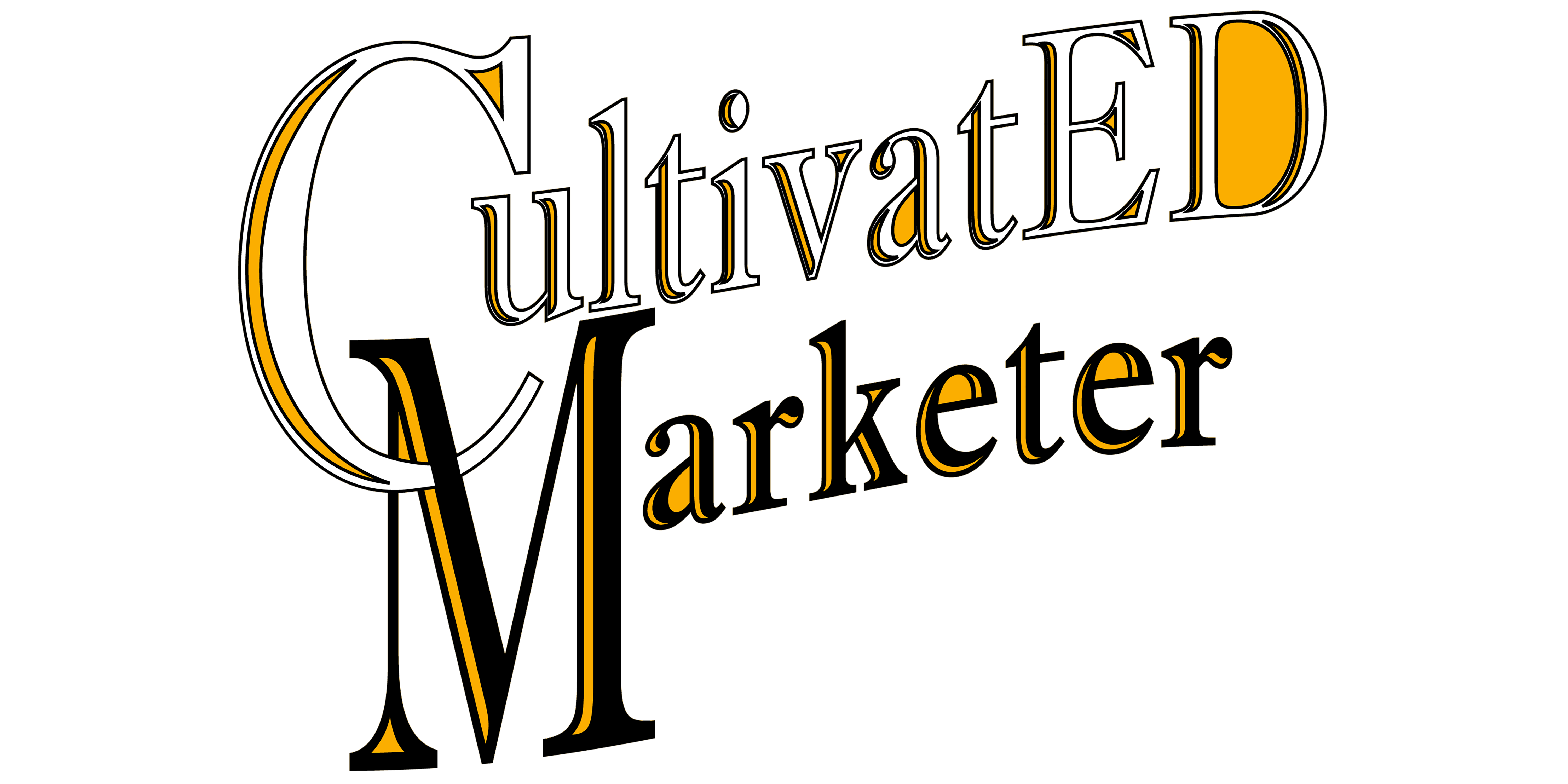Podcast: Play in new window | Download
Subscribe: RSS
In this 30th episode of CultivatED Marketer, hosts Brent Bowen and Matt Tidwell, PhD, together with Dr. Cory Scheer, Founder and CEO of TrustCentric Consulting, to delve into the intricate world of organizational trust. The discussion covers the pervasive decline of organizational trust, and the importance of co-creating organizational values. They also delve into the impact of toxic workplaces on employee retention and loyalty, and Cory shares insights from his national study on trust.
CultivatED Marketer Ep. 30 — Trust in Organizations: Building the Foundation for Success with Dr. Cory Scheer
Trust is a fundamental aspect of effective communication and marketing. Cory emphasized that trust is not just a buzzword but a crucial component that must be understood from all angles by today’s communicators. Trust, as Cory conveyed, is the stock in trade for professionals who act as the voice and front door of their organizations.
Cory highlights how trust affects not only how organizations deal with external clients but also the internal dynamics with employees. Matt points to studies like the Edelman Trust Barometer, which underscore the necessity of understanding trust within various organizational contexts.
The Pervasive Decline of Trust
Brent and Matt discuss the pervasive decline of organizational trust, citing factors from both internal and external marketing perspectives. Cory elaborates on the topic by referencing a national study that he collaborated on, which shows that trust must be nurtured from the inside out. This comprehensive study identified three building blocks of trust: competency, problem-solving, and demonstrating care for others.
In the competency domain, communication, being a competency itself, plays a critical role. Leaders must ensure that the right people are in the right places, something that Jim Collins identified as critical over 20 years ago: having the right people in the right seats on the bus.
High Trust vs. Toxic Work Environments
Matt and Cory explore the differences between high-trust and toxic work environments. In high-trust environments, employee retention, loyalty, and advocacy improve, whereas these decline significantly in a toxic environment. One illuminating point in the conversation was how diminished trust can lead to laziness among employees, affecting productivity and the overall success of an organization.
The Role of Leadership and Communication
When assisting organizations in addressing trust gaps, Cory notes that leaders often find the actual trust deficit less severe than anticipated. This revelation provides a platform not only for improvement but for hope and potential growth. Leaders who are willing to be vulnerable and begin a new season of leadership have the opportunity to close the trust gap significantly.
Practical Steps Toward Trust Building
Cory advocates for practical steps toward fostering trust, which include broadening the conversation to include voices one layer lower than traditionally considered in organizational hierarchy. This approach enhances the dialogue around trust and opens up new opportunities for change.
Future Trust Trends
The conversation also ventured into potential future trends in trust, including the reliance on satisfaction surveys that may not paint the full picture. Instead, Cory suggests looking upstream with specific structural elements of trust to identify areas for improvement more effectively.
Professional Development Insights
Wrapping up the discussion, Cory offers invaluable advice to budding communicators. By reflecting on the structure of trust within themselves and their organizations, young professionals can identify opportunities to fill existing gaps and foster a culture of caring, ultimately setting themselves up for faster career promotion and making a significant impact.
Conclusion
Trust is a dynamic and critical element in the success of any organization. Dr. Cory Scheer’s insights serve as a guide for leaders and communicators seeking to understand and bridge the trust gaps that may exist within their organizations. For a deeper dive into these topics, Cory’s book, “Closing the Trust Gap,” expands on the principles discussed in the podcast.
You can find out more about TrustCentric Consulting at their website: https://www.trustcentricconsulting.com/
00:00 Introduction and Episode Context
01:47 Welcome and Episode Overview
02:21 Introducing Dr. Corey Shear
02:32 The Importance of Trust in Organizations
05:38 Building Blocks of Trust
08:36 Impact of Toxic Work Environments
10:57 Leaders’ Reactions to Trust Assessments
13:26 Framework for Trust and Loyalty
17:23 Moving to a New Room for the Workshop
17:29 Understanding Trust and Co-Creation
18:37 Role of Marketing and Communications in Trust
20:17 Involving All Levels in Decision Making
20:56 Examples of Successful Trust Building
21:49 Challenges with Corporate Values Programs
22:51 The Trust Gap Between Leaders and Employees
23:47 Trends and Future of Trust in Organizations
29:01 Advice for Young Marketers on Building Trust
30:32 Conclusion and Resources
